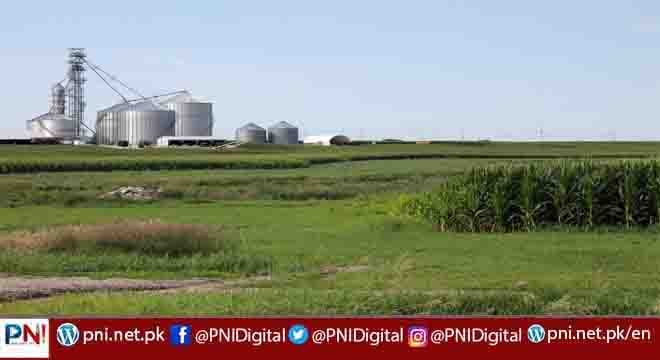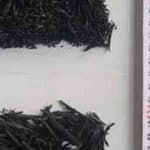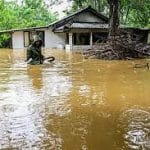MULTAN, May 14 (APP): Different weather phenomena, untimely rains are creating worrisome situations for farmers and agriculturists to deal with, especially in a country like Pakistan where majority lives in rural areas and agriculture being their only way to earn bread and butter.
Working hard day and night to get maximum yield from their crops, farmers no doubt are the most hardworking class of the society. But, they feel dejected when despite all the safety measures, unpredicted weather affects their crops as no one can fight against the nature.
Being an agricultural country, Pakistan heavily relies on its agricultural output not only to fulfill growing needs of its population but also for a healthy contribution to the national economy, however a variation in weather patterns is posing a severe threat not only to agriculturists economically but affecting overall production and quality of crops.
“Climate change is affecting crops, right from sowing to harvesting leaving farmers in perplexed situations throughout the year,” said a farmer Qaisar Khan Budh, a resident of district Vehari, while talking to APP. He stated that he had been facing numerous problems in managing crops for the last one decade, especially in last five years.
“Cotton crop is one of the major crops bearing the brunt of climate changes. Unexpected rainy spell and temperature are damaging the white gold (cotton) and many farmers in district Vehari, which was termed as ‘Cotton King’, are switching to maize crop,” Qaisar maintained.
There are several reasons behind the climate change phenomenon globally such as emissions from coal, oil and gas used for generating electricity. Similarly, industrial productions including cement, iron, steel, electronic, plastics, clothes, mining are also done through machines which are being run on coal, oil, and gas.
Deforestation is also termed as an important factor behind climate change, while vehicular pollution is contributing a great deal in damaging the climate.
Another farmer Shahid Hameed Bhutta, a known mango grower in district Muzaffargarh, informed that Mango orchards were facing attack of pests due to low temperature. The low temperature in May was not only reducing the production of mangoes but also damaging their quality.
“During previous years, the temperature usually remained between 30 degree-centigrade to 42 degrees in May. However, in the ongoing season, the temperature is low, between 22 to 30 degree centigrade resulting in pest attacks,” he underlined.
He lamented that pesticides were not generating the desired results and heat-waves were vital for elimination of pests and nurture of the mangoes properly at this time of the year. In previous years, Mangoes from Multan were available from May 28 in markets; however, now the fruit is late due to this weather pattern, Shahid added.
Ameer Hamza, another grower, stated, “although I am facing problems due to sudden climate changes for managing crops, but I immediately contact field assistants and other experts for timely recommendations”.
He said there were social media groups composed of farmers, field officers of various pesticide companies and agriculture scientists who provide best guidelines to the farmers.
Chairman Department of Soil and Environment Science Muhammad Nawaz Sharif University of Agriculture Professor Dr Tanveer ul Haq stated that climate change was one of the biggest issues confronting the world.
He said Pakistan was also among those countries adversely affected by climate changes and suggested that the farmers should monitor weather forecasts as it was essential to make important decisions about sowing of crops. There were many applications (apps) which forecast weather accurately, he added.
Dr Tanveer advised that multi-cropping could also help farmers avoid losses due to climate change, as South Punjab was a fertile region having immense potential for multi-cropping.
“The agriculture research bodies should develop climate resistant seed varieties and impart awareness to the peasants about the varieties”, Tanveer proposes.
Dr Tanveer also remarked, “As the weather patterns are constantly changing in the country, the farming community should revisit and adjust seed sowing dates accordingly.”
Maximum plantation is inevitable to counter the threat of climate change, he mentioned. “Instead of planting more trees, we are cutting already existed,” he lamented. Tanveer advised the citizens to take special interest in tree plantation as it was very important for our survival.
Furthermore, many farmers burn crops residue which had adverse effects not only for environment but also affect soil fertility, he mentioned.
In case of unexpected or more rains, the farmers should develop minor reservoirs in the fields to store extra water and it should be utilized at times of need, he suggested, saying the reservoir would also help maintain the water-table.
The stagnant rainy water in the field affects crops and the water must be drained towards the minor ponds in the field, recommended Professor Dr Tanveer.
Follow the PNI Facebook page for the latest news and updates.








